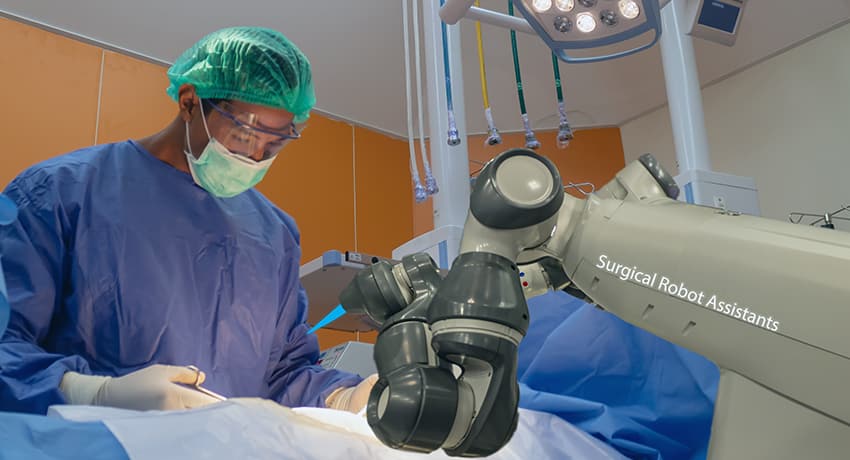- Colon and Rectal
- Screening and Treatment Options
Screening and Treatment Options
With Our Colon & Rectal Specialists
Personalized Treatment Options
Depending on your diagnosis and condition, there are a multitude of treatment options ranging from simple dietary changes and physical exercise to radiation therapy and minimally invasive surgery.
Screening Options
The earlier a condition is detected, the more treatment options you have. The American Cancer Society recommends that people start regular screenings beginning at age 45. Those with higher risk factors should start earlier. Colonoscopies and fecal tests are the most common form of screenings, but other options are available. Talk with your doctor to see what test is right for you.
Minimally Invasive Surgery
This treatment option is usually recommended for structural gastrointestinal disorders such as hemorrhoids, abscesses, fistulas, and early stage colon cancers and rectal cancer. For expert care, choose a board-certified surgeon who specializes in colon and rectal surgery.
Laparoscopic colorectal surgery is now the preferred approach for many colorectal diseases. It is a minimally invasive procedure using advanced robotic technology to aid in patient recovery times and improve long-term outcomes.
Robotic Assisted Surgery
Minimally Invasive, Faster Recovery
Surgery involving the use of advanced robotic technology has helped improve patient outcomes since it was introduced and adopted in the medical industry. Patients and surgeons benefit from less operating time, faster recovery times and shorter hospital stays.
Robotic surgical systems mimics the surgeon’s hand movement but with greater range of motion. Surgeons who perform laparoscopic or robotic-assisted surgery undergo extensive training in order to become certified to operate these advanced system.
All surgical procedures carries potential risks and complications. Outcomes will vary for each patient and information provided here does not imply or guarantee optimal results.



